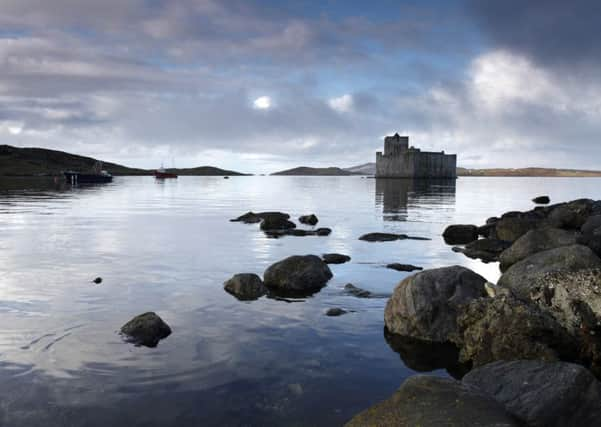Book review: Insurrection, by James Hunter


In accordance with this many landowners, tenant farmers and merchants were eager to ship corn and meal to profitable markets in the south. What they perceived as their economic interest was selfish, as economic interest often is; their disregard for the immediate social consequences and indeed for ordinary humanity was callous. Some excuse may be made for the tenant farmers – if they couldn’t sell their grain profitably, they couldn’t pay their rent – none for the bigger landlords, though Professor James Hunter, who is always fair as well as passionately indignant, recognises that not all were guilty of this inhumanity.
His account of the famine in the Western Isles is detailed and harrowing. There was organised government relief, which, though insufficient and too late, did something to mitigate the suffering. Some landowners responded, others refused to make any contribution to relief. The appalling Colonel James Gordon of Cluny, proprietor of Barra and other islands, seemed content to let his dependents starve when their potato crop failed. It was one way to be rid of them.
Advertisement
Hide AdResistance was fierce and at first spontaneous, in Wick and around the Moray Firth. There were riots. Carts and waggons carrying grain to the ports found their way blocked. Some ships were loaded but found booms placed across harbours to prevent them from sailing. Hunter calls the resistance an insurrection. Inasmuch as it was indeed that, it provoked a military response from a government that had, however, divided aims and interests which were not easily compatible. On the one hand it had a duty to preserve peace and maintain the rule of law, on the other a duty to alleviate distress. It was a difficult balancing act.
The Economist, recently founded, but already an influential magazine, judged in February 1847 that northern Scotland was “nearly in a state of insurrection” but, as Hunter notes, it was one with a limited objective. “In Continental Europe, less than twelve months after the Moray Firth troubles wound down, disturbances which started in much the same way… were to escalate so rapidly that governments were endangered, even toppled. Nothing like that was contemplated in Scotland’s famine winter. Concessions were demanded, and obtained, from landowners, councillors and others in authority.” But it went no further than that. “There was little or nothing by way of a wider political agenda”. This would come a generation later when it would lead to Land Reform and the Crofting Act.
This book invites consideration of the economic conundrum which is as relevant and perhaps insoluble today as it was in the 1840s: how to reconcile the contradiction that while the implantation of the doctrine of free trade and the free market may lead to a general or overall increase in wealth and economic prosperity, it invariably damages and brings hardship to particular interests, particular communities and many individual men and women. It also requires the reader to think about the twin, but sometimes opposed, duties of the state: the need to maintain public order on the one hand, the requirement to act with humanity and promote what we have come to call social justice on the other.
Hunter has long been recognised as the pre-eminent social, economic and political historian of Highland Scotland since the 18th century. He is a master of detail, but is never reduced to the number-crunching which, however valuable, is often tedious to the reader. He never forgets that history is first of all narrative – and this book is rich in stories – or that its subject is the experience of individual men and women, creatures of flesh and blood, not abstractions. Insurrection is fascinating, reading it both painful and uplifting. Allan Massie
Insurrection, by James Hunter, Birlinn, 287pp, £20